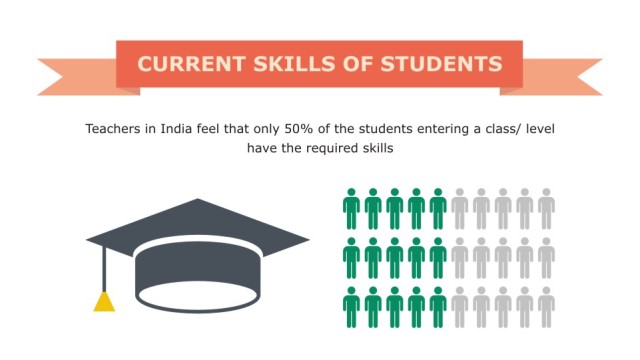
Technology has become of paramount importance in today’s fast moving world. Parents have also come to understand that technology has become an integral part of their child’s education and it’s their responsibility to take a comprehensive approach to education by incorporating it seamlessly into the learning process of their child.
Learning methods have evolved considerably in the past decade. Now children have multitude of ways to enhance their learning experiences with the use of the internet or gadgets and have fun at the same time.
Children these days are usually exposed to electronics at younger and younger ages. By their teens, most kids have been fully engaged in the digital world for a long time. There is no clear rule on when a child is ready for his own laptop, cellphone, or tablet.
You could start by giving your child his own account on the shared family computer. They need to show you that they are responsible before you get them their own gadgets. You can install parenting control apps on the family computer or block certain websites.
It is important to explore your child’s curiosity and show them that technology can be used for practical learning. Here are some tips that will help them combine their digital skills and real-world learning:
- Make a set of rules that that he has to follow to keep him safe when he’s online. For e.g. he should only interact with people he knows.
- Involve your child in the shopping process when you think they are ready for their own PC or phone so they learn about the specifications of the device. Make sure they read all the reviews of the product and compare it to others.
- Don’t buy a very expensive phone or laptopimmediately. Start with a basic model and ask them to show you that they can take care of it.
- Encourage them to watch educational videosor read blogs about innovations in technology.
- Teach them how to take videos. They can record their friends or family members and edit the videos.
- Ask your child to create and print posters or greeting cards using design software.
- Photography is a fun hobby. Teach them how to use a DSLR.
- Ask your child to help you create a database for weekly household expenses or your recipes.
- Have them research online on a place to visit for the next family vacation.
- Find a fun, educational website that helpswith homework and lets your child play games.
- Download dictionary and vocabulary builder apps for your child.
- Learning a new language has become so much easier with websites providing audio and video content.
- Ask them to use online tools to make their projects more attractive.
- They can create art online and share it on websites like Pinterest.
- Making a new website has become so much easier now. Help them start one with their name which they can update it every week. They can upload all their work or add things they are interested in.
Raising tech-savvy kids is important if they want to keep up with the competition. Technology can be fun and a very useful tool to score better grades.
Children, now, have access to much more information than what their parents did when they were young. Let them explore the internet and you’ll be surprised at what they can achieve.
Follow our Facebook Page for more schools and parenting tips to help your child learn better.
Give your child the best education. Enquire for admissions here:http://on.fb.me/1mF0moC.




 “Communication – the human connection – is the key to personal and career success.”
“Communication – the human connection – is the key to personal and career success.”








